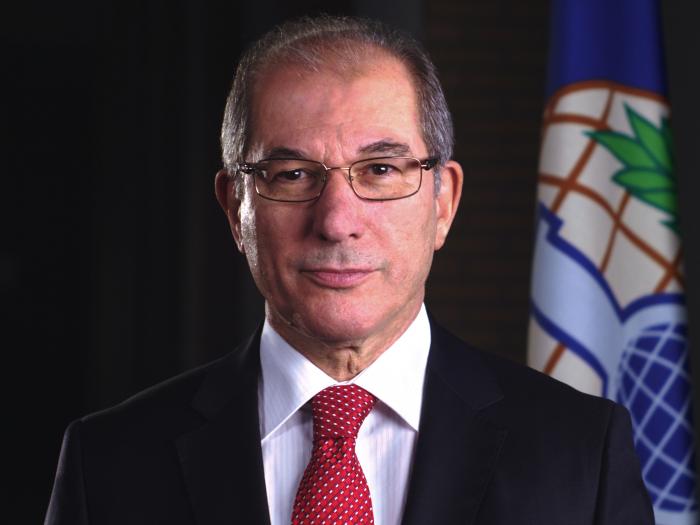
The Organization for the Prohibition of Chemical Weapons’ (OPCW) Executive Council recently reconvened to further discuss allegations that the Syrian regime, led by President Bashar al-Assad, used chemical weapons on its own people in southern Idlib, Syria.
On April 4, a chemical weapons attack occurred in the Khan Shaykhun area of southern Idlib in the Syrian Arab Republic, the result of which reportedly left nearly 70 dead while injuring dozens more. OPCW’s Joint Investigative Mechanism (JIM) had already been investigating the use of chemical weapons in Syria stemming from an August 2013 attack in the town of Ghouta.
OPCW’s Director-General Ahmet Üzümcü stated that biomedical samples were taken from three deceased victims of the chemical attack and that they had been analyzed at two OPCW designated laboratories, the result of which concluded that the individuals were exposed to sarin gas or a sarin-like substance.
In another analysis, biomedical samples were taken from seven victims of the attack during hospital visits and that they too had been exposed to either sarin gas or a sarin-like substance.
“The results of these analyses from four OPCW designated laboratories indicate exposure to Sarin or a Sarin-like substance,” Üzümcü said. “While further details of the laboratory analyses will follow, the analytical results already obtained are incontrovertible.”
On top of sample analysis, Üzümcü said the organization’s fact-finding mission is continuing its work by interviewing witnesses and that investigators were ready to deploy in the southern Idlib area should the security situation become more tenable.
OPCW serves as the implementing body of the Chemical Weapons Convention. Entered into force in 1997, the convention represents the most-successful disarmament treaty in history targeting an entire class of weapons. To date, approximately 95 percent of all chemical weapons stockpiles declares by OPCW’s 192 member states have been destroyed under the organization’s verification.




